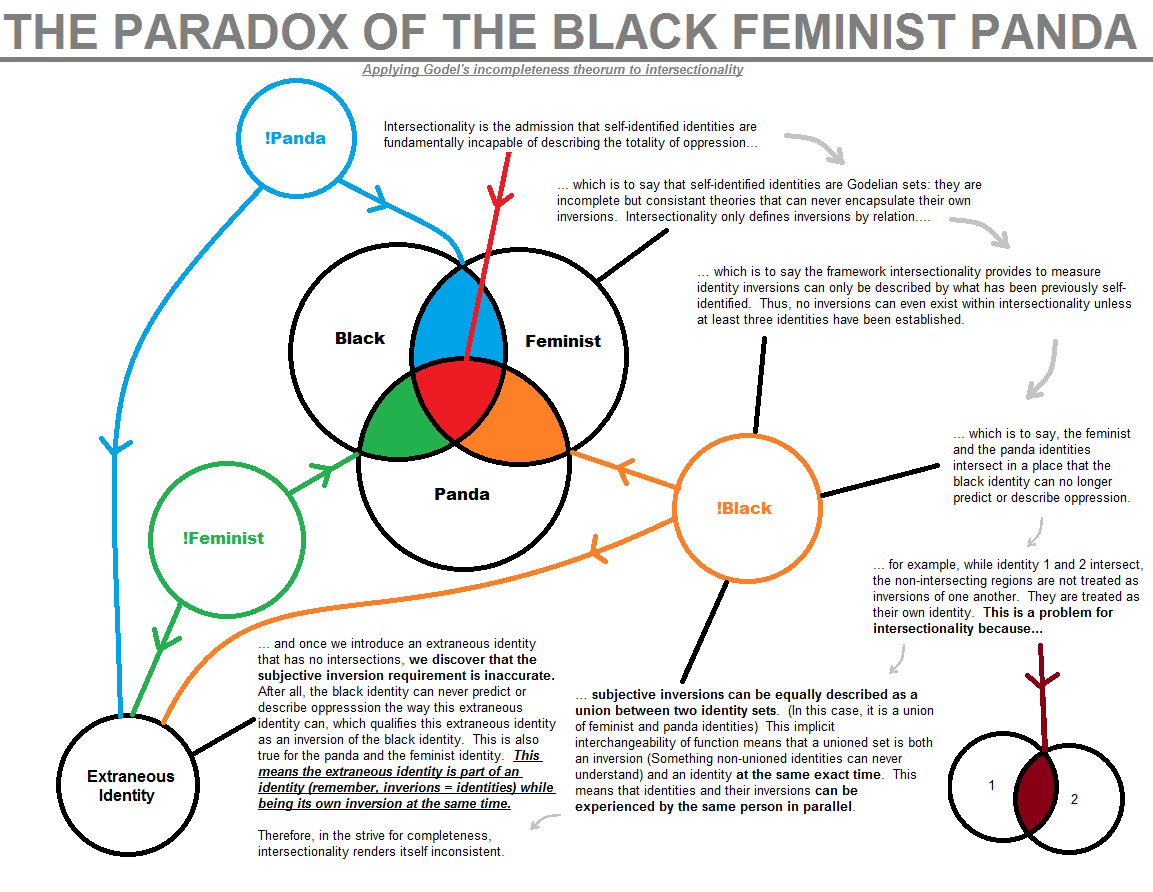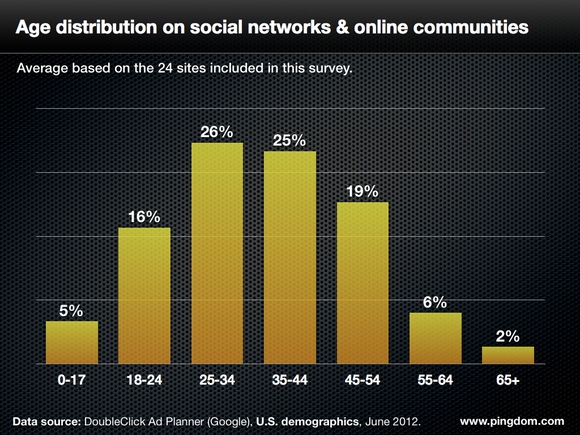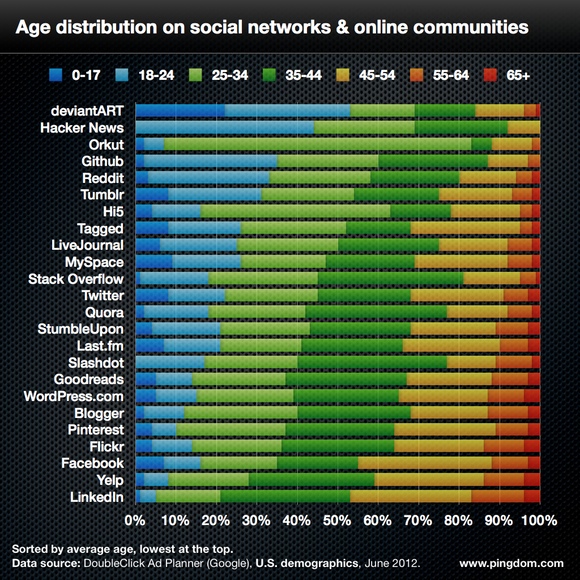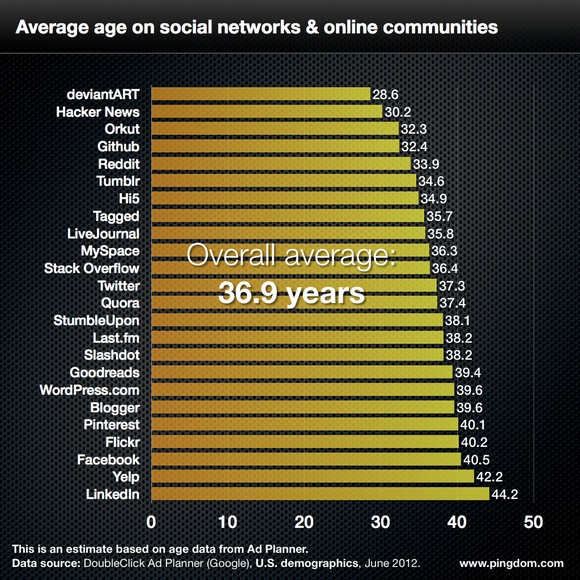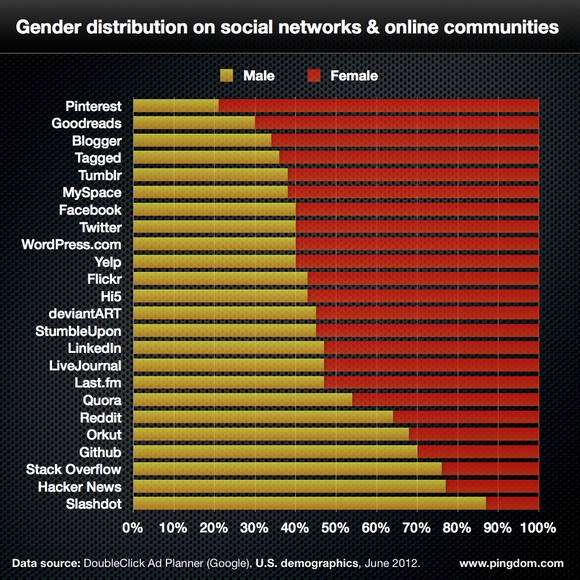It's been over a year since The Theory of Fracturing Monocultures was published and during that year, the theory has been successfully tested.
The Twitter hashtag #SolidarityIsForWhiteWomen was the first application of the theory. Members of the 4chan board /pol/ created dozens of fake accounts designed to look like women of color. They used the same techniques pixel-based feminists utilize to game social media: dehumanization of critics, signal boosting the mundane, _and tone policing_. This resulted in several days of white feminists desperately pleading on Twitter to be quiet and listen and eventually the monoculture obeyed.
Soon after that, many of these same accounts were utilized to promote the #endFathersDay hoax. For a week, prominent feminists and feminist blogs actively promoted the idea. Even after the hoax was revealed, the monoculture was not able to quickly disengage from the narrative since the tone of the hashtag was similar to something the monoculture would actually believe.
The results are conclusive: The imperial monoculture of pixel-based feminism -CAN- be fractured, but how was it fractured and why did it fracture?
1.) Self-identification is automatically trusted
The lure of the monoculture is that as long as you self-identify with an orthodox identity, then you will be able to leverage the entire monoculture for your goals. (Promoting blogs, reviews, and other gamified content) However, once the identity is pledged, every action after that will be under imperial review with strict punishment for the slightest violation. This dual incentive for compliance creates a walled garden that, in turn, creates the illusion of a grand ideological unity. Finally, this illusion is essential to the cherished "safe space" of the monoculture and to question any component of this complete illusion threatens the safe space.
Therefore, questioning the self-identity of another erodes the illusion of unity, which might erode the safe space, which means all self-identifications must be automatically trusted. Furthermore, the self-identification cannot be considered false as long as it is speaking in the tone of the monoculture as a whole.
In the event of #solidarityIsForWhiteWomen, members actively feared being labeled a racist, which means that questioning the self-identity of a woman of color would result in potential excommunication.
In the event of #endFathersDay, the self-identification was automatically trusted, allowing the narrative to get as loud as it did.
2.) The safe space is sacred
The safe space is only possible through absolute obedience to the monoculture. However, the same obedience shields it from criticism, which in turn, dramatically weakens the monoculture's ability to adapt over time.
The safe space is sacred. Anything that is responsible for the safe space is sacred. The initial conditions responsible for that safe space are also sacred, so if there is a fundamental error in the design, then it is the fault of the believer, not the monoculture.
In the event of #solidarityIsForWhiteWomen, the safe space was totally shattered and had to be forcefully recreated by asking the monoculture to "be quiet and listen." Members of the monoculture were quick to blame themselves for not listening to women of color... without overtly self-identifying as racist themselves. (Though, is is theoretically possible members will even self-identify as racist if that means they get to retain membership within the monoculture)
In the event of #endFathersDay, instead of shattering the safe space, agitators spoke in the appropriate tone to amplify it. The monoculture generated a believable tone that was quickly championed for several days. When it was revealed that the safe space was actually compromised from the start, the monoculture was quick to lay blame and generated a new safe space. There must always be a safe space or the monoculture cannot provide returns. Members were not allowed to conclude that safe space -can- be compromised, because that would invalidate its holiness.
Therefore, the safe space is entirely open to be manipulated (either to be destroyed or to be amplified) by -any- identity (and thus, invalidate its promise of safety) because the monoculture is not allowed to examine fundamental flaws in its own structure.
3.) You must find an enemy
The monoculture rewards the membership that engages in imperial conquest. By denouncing, humiliating, or otherwise dehumanizing a supposed enemy of the monoculture, the conqueror is rewarded in retweets, likes, upvotes, reblogs, and other arbitrary metrics of progress. The more targets that are attacked, the more points they receive. This naturally creates a structure that rewards any attack on anything, regardless of fault, through increasingly under-handed tactics.
Therefore, the monoculture exists to provide incentives for perpetual acts of dehumanization.
In the event of #solidarityIsForWhiteWomen, black membership attacked white membership, and when the agitators magnified the vitriol of the attack, white membership dehumanized itself in proportion to the vitriol.
In the event of #endFathersDay, the success of the trend was based entirely on fulfilling the required mandate of dehumanizing an enemy of the monoculture, in this case, fathers.
If there isn't an enemy, one must be found because there is no other way to collect points.
Conclusion
Even in the wake of two successful attempts at covert manipulation, the monoculture has not even attempted to fix its fundamental flaws. With the advent of #NotYourShield, the three aforementioned fracture points were tested and broke yet again.
Citing the previous two attempts against the monoculture, they believed that #NotYourShield was yet another covert operation. They quickly found an enemy, (chan) and generated a *safe space, (“Those aren't actual minorities, those are sockpuppets”) but this time, the safe space had a **very limited amount of authorized identities. (The gamer identity is now forbidden from the monoculture)
It turned out that the hashtag was actually comprised of a significant amount of non-white racial identities as well as female identities. The monoculture leveled their sights on active membership, monoculture supporters, and potential monoculture inductees, and unloaded upon them.
This means that the agitators have successfully exploited the immutable weaknesses of the monoculture (two jabs and then... nothing. The monoculture took the lead and attacked its own) and can potentially weaponize the entire structure for their own usage. And because of the monoculture's impulse to punish all criticism, the membership that sees this exploitation isn't allowed to fix it, (they'll be forced to fracture off entirely and build a new monoculture) and the membership that cannot see the exploitation are not allowed to hold such a heretical belief, allowing successful agitators to issue internal purges almost at will.
The entire monoculture of pixel-feminism has been demonstrably and irreversibly compromised by non-approved identities because of three fracture points: the complete inability to handle identity emulation, the worship of an impossible standard of safety, and easily provoked bloodlust. And if one identity (especially one the monoculture hates so much) can direct the wrath of the monoculture against its own kind, then other identities are free to steer it just as easily.
